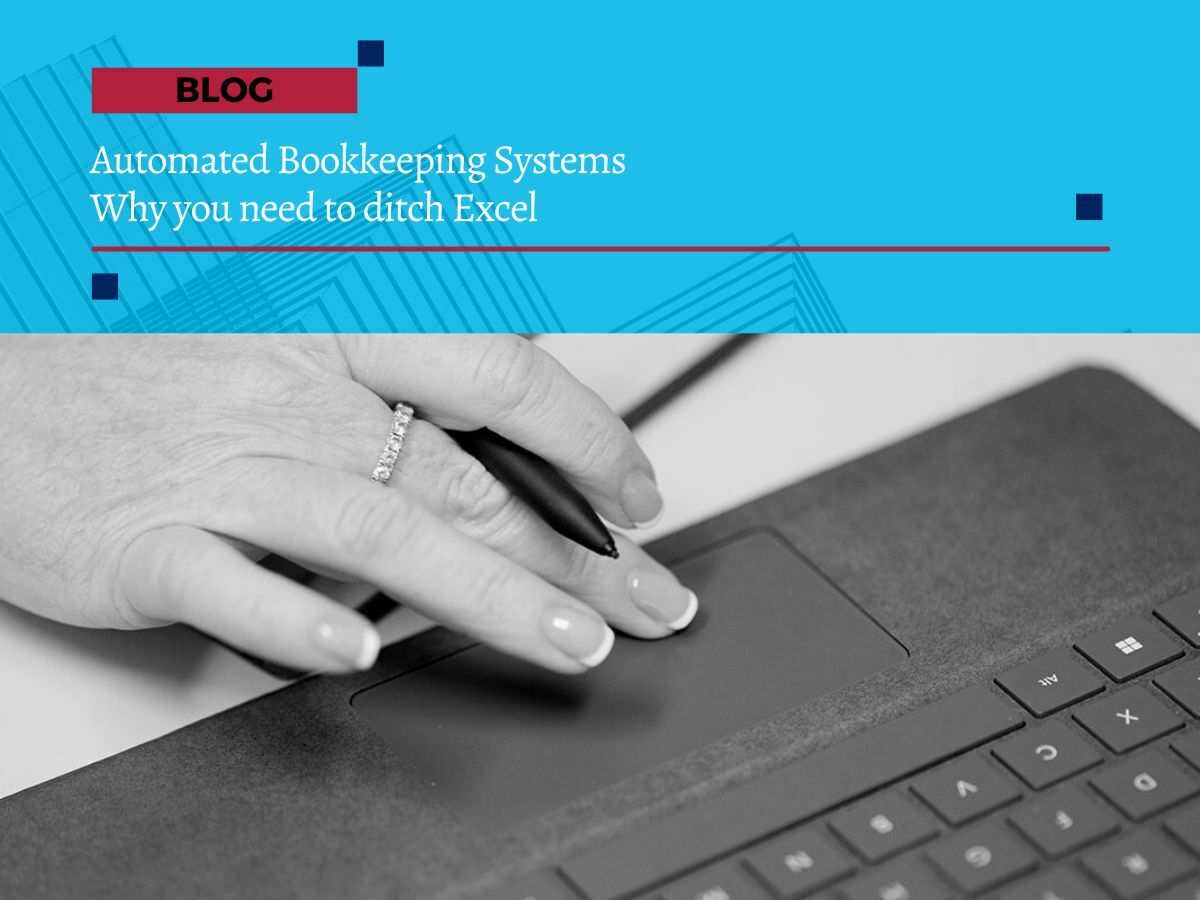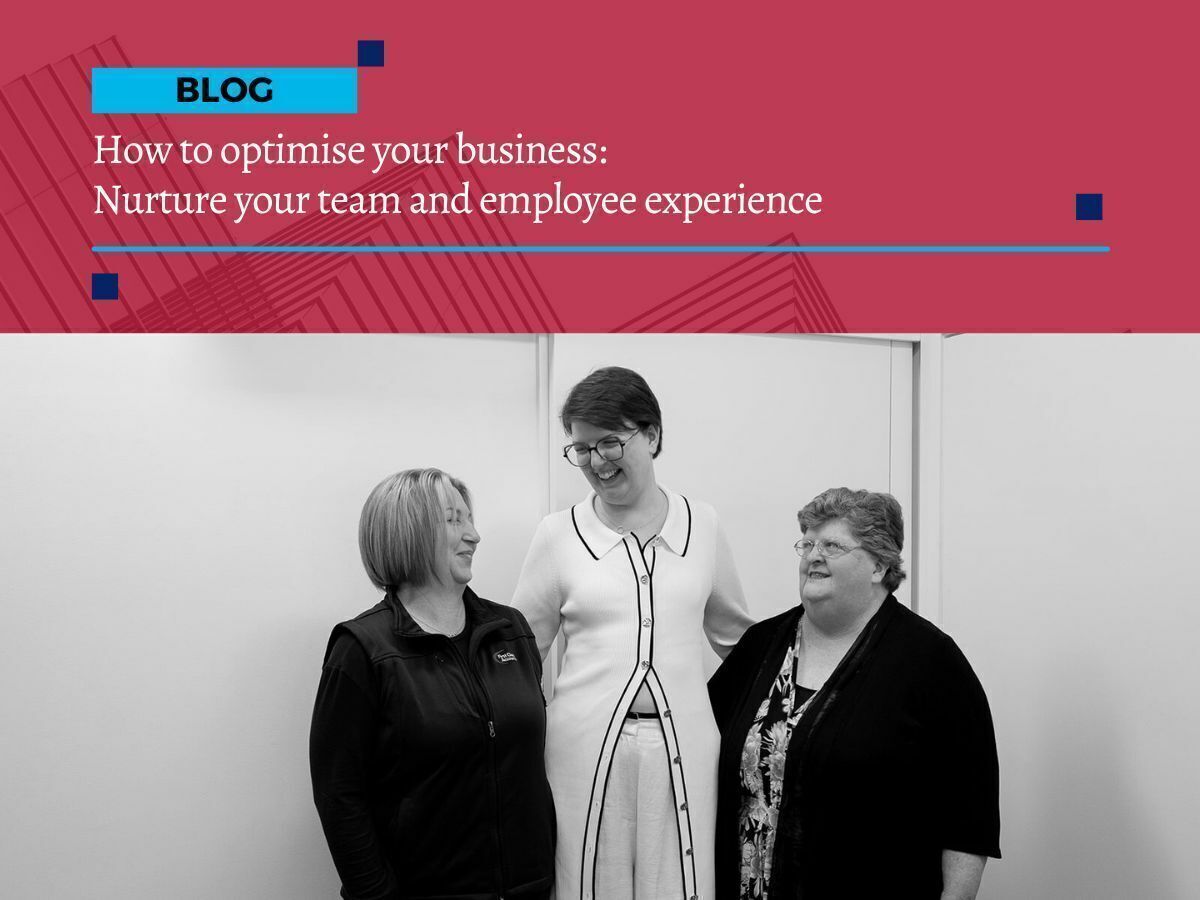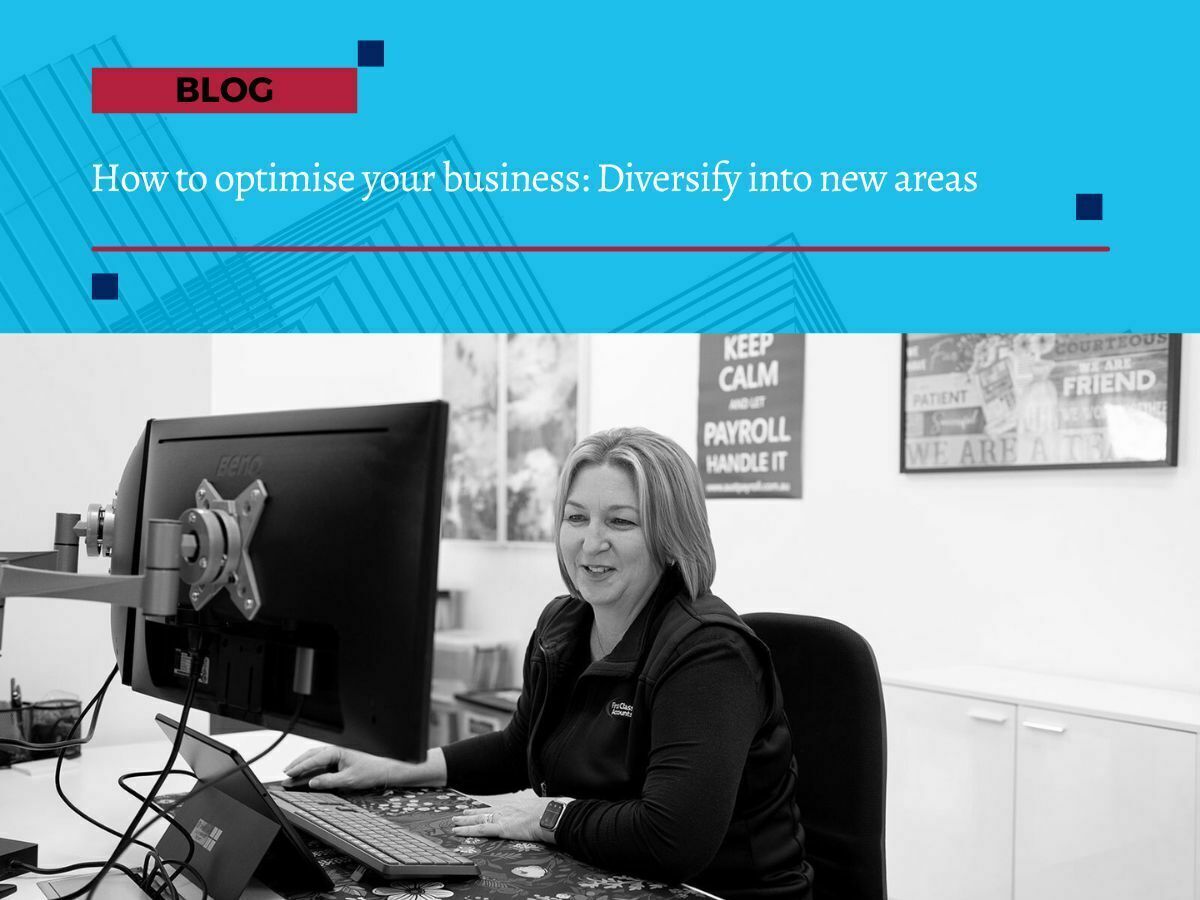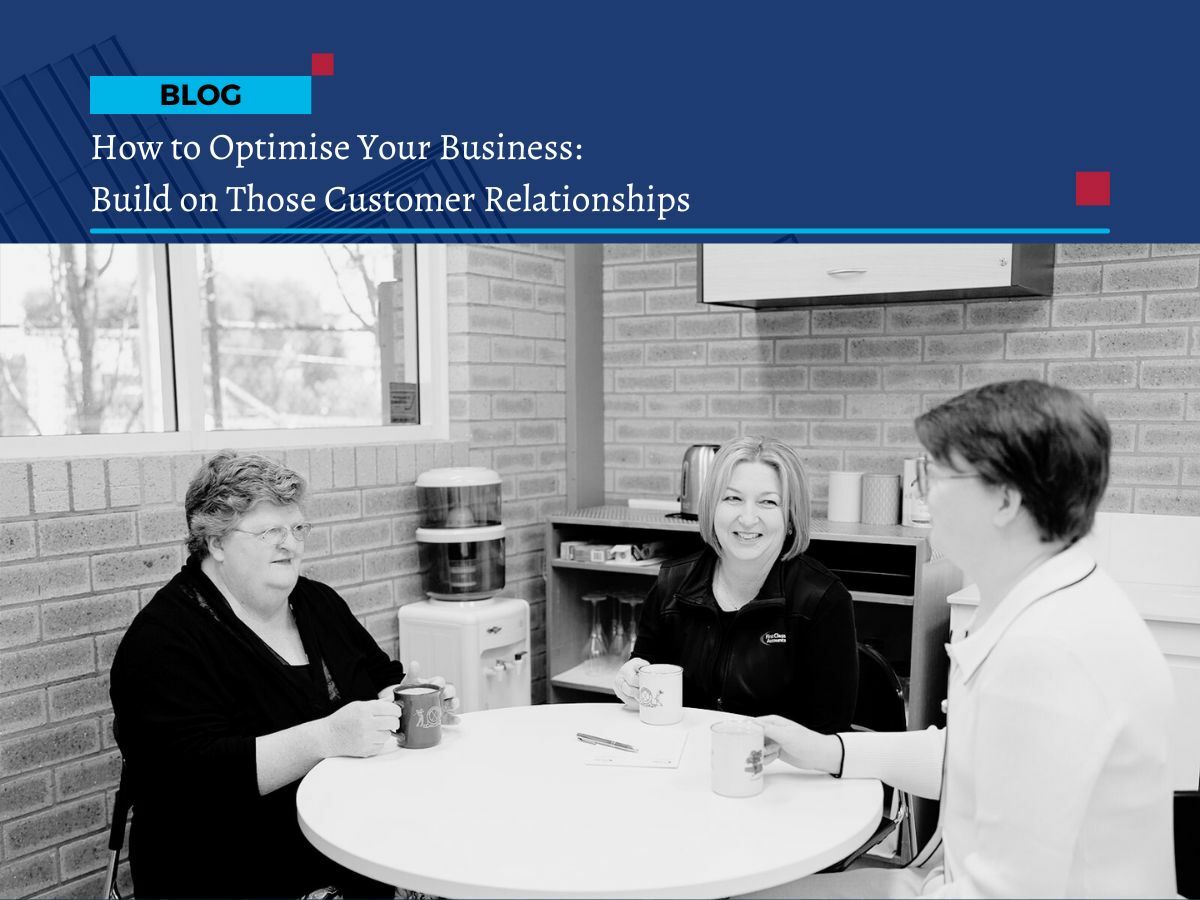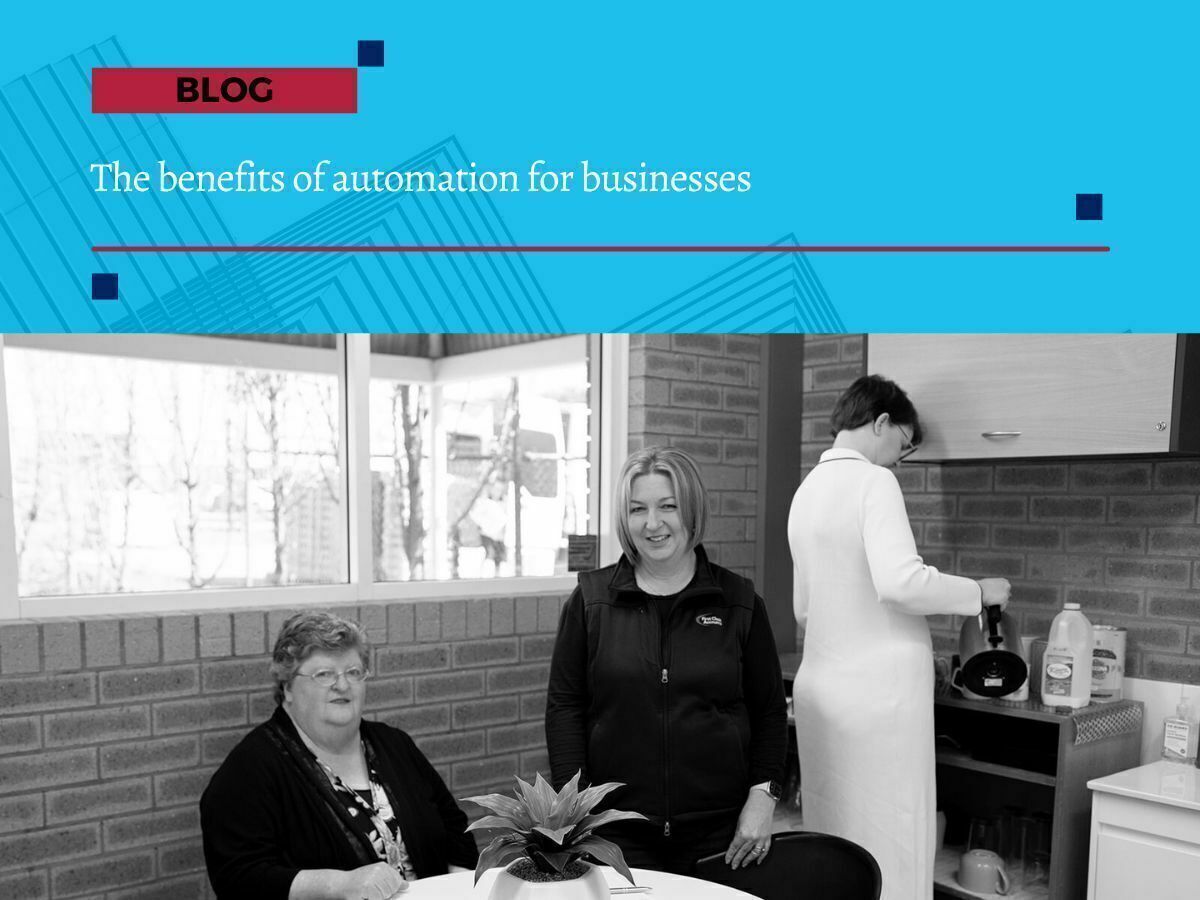
12 Xero Apps to Build the Right Stack for Your Business
12 Xero Apps to Build the Right Stack for Your Business
If you’re a Xero user, you’ll know all about the thousands of apps and solutions that you can integrate with your favourite cloud business platform.
But do you know what apps other Aussie small businesses are using? And are there other helpful tools in the ecosystem that aren’t on your radar?
Here’s our rundown of some popular apps in the Xero Australia app store.
12 Xero apps you might not know about
There are so many apps in the Xero store now that it can be hard keeping up to date with the latest additions. To make your life easier, we’ve got the lowdown on the top dozen apps.
Dext
Automate your bookkeeping with Dext. Capture receipts, track expenses and mileage, and connect to Xero, 11,500+ apps, banks and more.
Tanda
Tanda helps manage rosters, timesheets, and award compliance with ease. It integrates with Xero to simplify payroll and improve workforce management.
Stripe
Stripe makes it easy to accept payments from debit cards, credit cards, Apple Pay and Google Pay for online invoices sent from Xero – so you can get paid faster.
Syft from Xero
Analytics is an interactive and collaborative financial reporting tool that delivers everything from simple reports through to integrated forecasts.
Approval Max
Makes it easy for Xero customers to build robust financial controls across accounts payable (AP) and accounts receivable (AR).
Square
Whether online or in-person, get paid quickly and securely with a variety of hardware and software to process credit cards, Apple Pay, and Android Pay, including touch-free options.
ServiceM8
The job management app for trade contractors and service businesses, with everything to help you cut paperwork, complete more jobs and provide amazing customer service.
Tradify
The job management app for tradespeople! Tradify is the best tool for the job. Manage enquiries, quoting, job tracking, staff management, timesheets, invoicing & more!
Lightspeed
Lightspeed is a cloud-based point of sale (POS) and retail management platform that integrates with Xero to automate sales, inventory, and customer data syncing.
Shopify
Connect your Shopify store to your Xero account for easy management of your ecommerce business finances.
Deputy
Deputy is a powerful scheduling and rostering tool for managing teams and tracking time. It integrates with Xero Payroll to simplify staff management.
RosterElf
A simple cloud-based rostering system that takes the stress out of scheduling your employees. It integrates seamlessly with Xero to process timesheets and save you hours.
Need help setting up or managing your app stack?
At First Class Accounts Ovens & Murray, we don’t just manage your books. We help you choose the right Xero-connected apps, set them up properly, and make sure they’re working together efficiently.
Whether it’s payroll, rostering, job tracking, ecommerce, payments, or reporting, we’ll work with you to create a setup that suits your business and supports your goals.
We make sure everything gets done accurately, on time and without any fuss—so you can focus on what you do best.
If you want support with your Xero app stack, get in touch. We're here to help.


